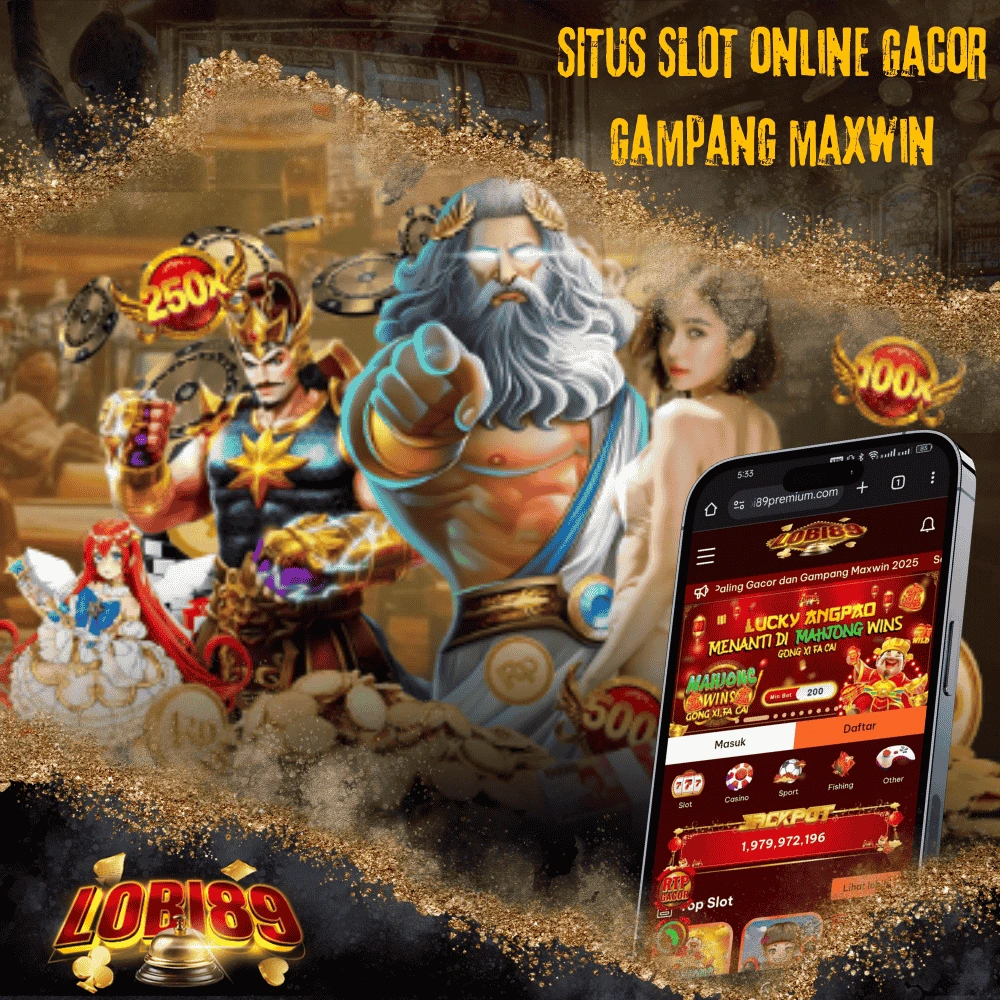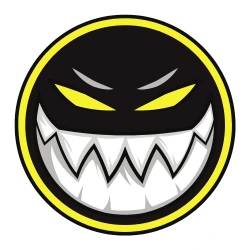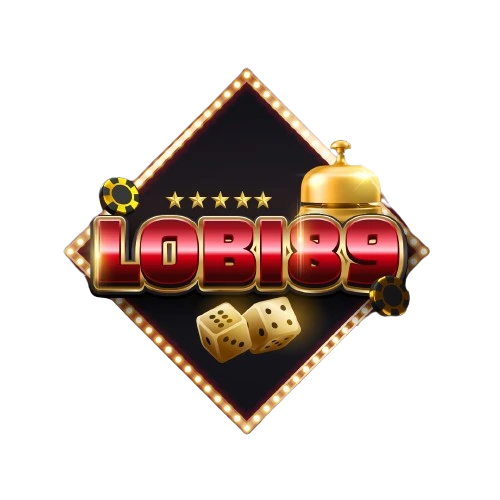LOBI89 - Slot Demo Gacor Anti Rungkad & RTP Live Slot Maxwin x500
LOBI89 hadir sebagai solusi terbaik bagi pecinta slot online. Situs ini menawarkan pengalaman bermain slot demo gacor anti rungkad dilengkapi RTP live slot maxwin x500. Dengan fitur unggulan serta kemudahan akses, LOBI89 menjadi pilihan utama para pemain slot online. Mari simak keunggulan serta alasan mengapa LOBI89 layak menjadi tempat bermain Anda.
Permainan slot online yang semakin populer, menarik banyak penggemar slot online gacor yang mencari sensasi bermain tanpa risiko kehilangan saldo. LOBI89 menjadi solusi terbaik dengan menghadirkan slot demo gacor berkualitas tinggi. Keunggulan utama platform ini tidak hanya terletak pada kelancaran permainan, tetapi juga pada sistem RTP live slot yang transparan.
Keunggulan Slot Demo Anti Rungkad di LOBI89
Slot demo anti rungkad menjadi daya tarik utama LOBI89. Fitur ini memastikan setiap putaran berjalan lancar tanpa gangguan. Berbeda dengan platform lain, LOBI89 menggunakan teknologi canggih untuk meminimalisir lag atau gangguan teknis selama bermain. Hal ini membuat pengalaman bermain lebih menyenangkan serta memaksimalkan peluang meraih kemenangan.
Selain itu, slot demo anti lag di LOBI89 dirancang untuk memberikan sensasi bermain seperti slot asli. Grafis berkualitas tinggi serta efek suara yang memukau membuat setiap putaran terasa hidup. Pemain dapat mencoba berbagai jenis permainan tanpa khawatir mengalami kendala teknis.
RTP Live Slot Maxwin x500
Salah satu fitur unggulan LOBI89 adalah RTP live slot maxwin x500. Return to Player (RTP) yang tinggi menjadi faktor penting dalam menentukan peluang kemenangan. LOBI89 menawarkan RTP live slot dengan persentase mencapai 98%, jauh lebih tinggi dibandingkan platform slot demo sejenisnya.
Dengan RTP live demo slot x500, pemain memiliki kesempatan meraih kemenangan besar hingga 500 kali lipat dari taruhan awal. Fitur ini tidak hanya meningkatkan peluang menang tetapi juga memberikan sensasi bermain yang lebih seru. Setiap putaran dijamin fair play, sehingga pemain dapat fokus meraih jackpot tanpa khawatir.
Alasan Memilih LOBI89 sebagai Slot Demo Gacor
LOBI89 telah terbukti sebagai situs slot demo gacor terpercaya. Berikut beberapa alasan mengapa LOBI89 layak dipilih:
- Koleksi Game Lengkap
LOBI89 menyediakan ratusan jenis permainan slot demo gratis dari provider ternama. Setiap game dirancang untuk memenuhi kebutuhan pemain, mulai dari tema klasik hingga modern. - Akses Mudah dan Cepat
Platform LOBI89 dapat diakses melalui desktop maupun mobile. Proses pendaftaran cepat serta antarmuka user-friendly memudahkan pemain untuk membuat akun demo slot dan mulai bermain dalam hitungan menit. - Keamanan Terjamin
LOBI89 menggunakan sistem keamanan terenkripsi untuk melindungi data pribadi serta transaksi pemain. Setiap aktivitas dijamin aman dan terpercaya. - Bonus dan Promosi Menarik
LOBI 89 menawarkan berbagai bonus menarik, mulai dari bonus deposit, cashback, hingga bonus referral. Promosi ini dirancang untuk meningkatkan peluang meraih kemenangan. - Layanan Pelanggan 24/7
Tim customer service LOBI89 siap membantu 24 jam sehari, 7 hari seminggu. Pemain dapat menghubungi melalui live chat, email, atau telepon untuk mendapatkan bantuan.
LOBI89 merupakan pilihan tepat bagi para pecinta situs slot online. Dengan fitur slot demo gacor anti rungkad serta RTP live slot maxwin x500, situs ini menawarkan pengalaman bermain terbaik. Koleksi game lengkap, keamanan terjamin, serta layanan pelanggan profesional menjadi alasan kuat memilih LOBI89. Segera daftar dan rasakan sensasi bermain slot demo gacor terlengkap!














 Promosi
Promosi